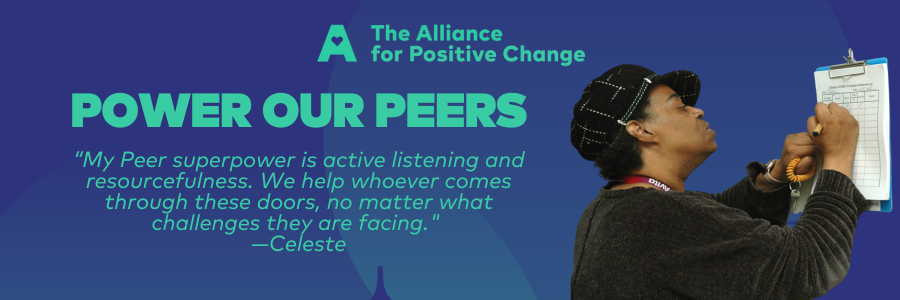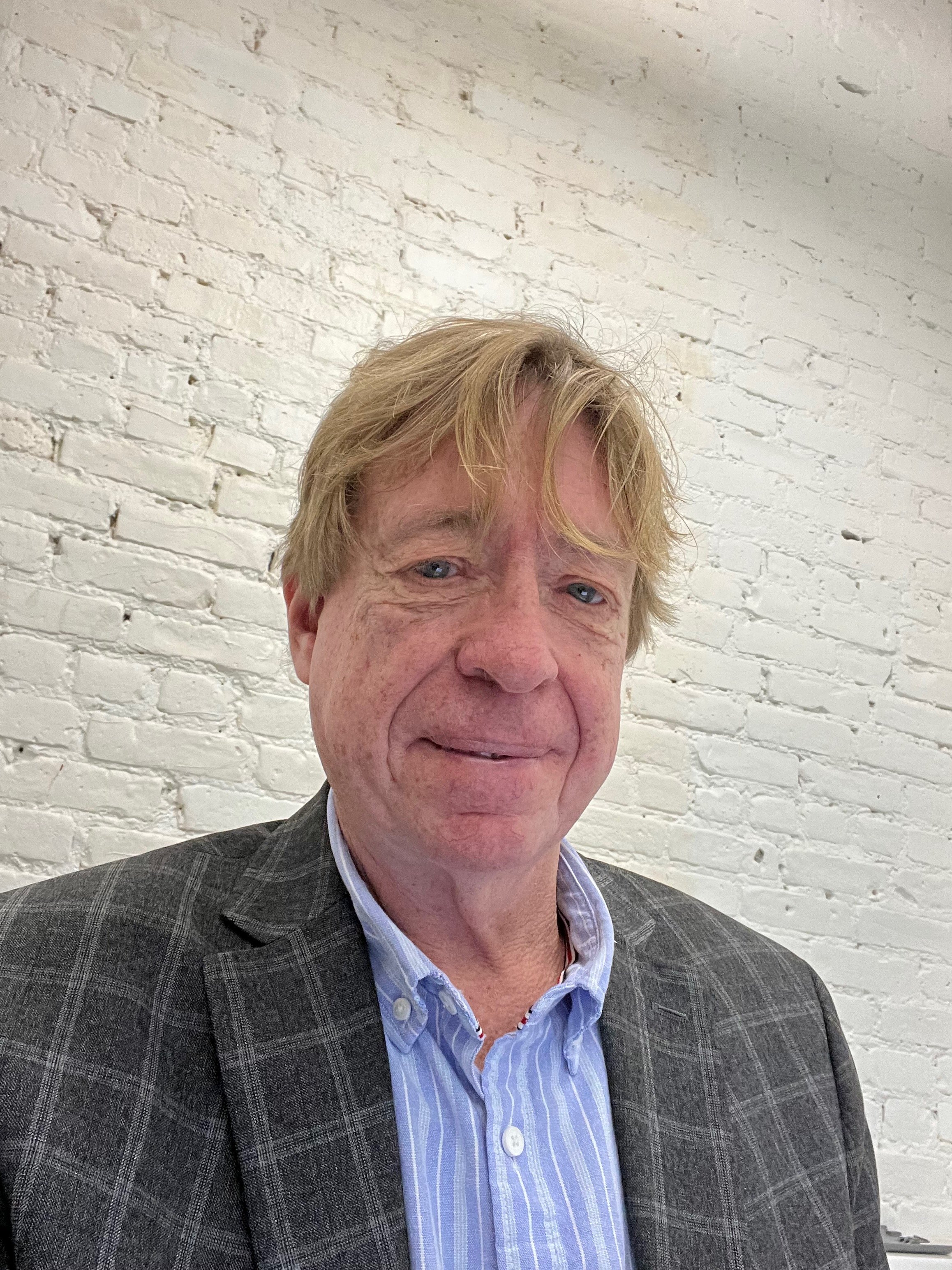Q) How and when did you start working with Alliance?
A) Definitely a higher power sort of moment. I live and take daily walks in the Lower East Side, and one day in 2015 I was walking by the old harm reduction clinic at 25 Allen Street, and on a whim popped in and asked the staff if they needed a prescriber. Deborah Yuelles was one of the people who greeted me and she said “yes, we do.”
Since then, I’ve worked about two days a week at the clinic. A large part of my practice consists of prescribing buprenorphine (also known by its most popular brand name, Suboxone). Buprenorphine is medication-assisted treatment for opioid dependence. I work closely with Jose Sanchez, who is the buprenorphine coordinator. He balances out my neurotic tendencies, and has a calm, suave aura. He’s a wonderful guy.
Q) You said you are in recovery, yourself. When did that start, and why?
A) For many years, since my late 20s, I had received psychiatric treatment for depression and anxiety. Along the way, I became dependent on some of the medications used to treat me, in my case psychostimulants and benzodiazepines.
I got into recovery 12 years ago, at a time when I had crashed hard from a psychostimulant-induced manic episode, got fired from a clinical position, and was unable to work for a year and a half. My late wife My-Lan, a social worker, encouraged me to go to the weekly NYC Caduceus healthcare recovery meetings, which I hated immensely at first, telling myself (and them) “I’m not like the rest of you folks.” The fellowship I have found in meetings of Alcoholics Anonymous and Narcotics Anonymous have also been extremely helpful.
Q) Can you share some success stories of people you’ve prescribed for?
A) Measuring “success” in my field can mean any number of things. It can be someone staying on Suboxone (buprenorphine/naloxone), not using heroin or opioids and feeling empowered to move forward in life. One such patient called me five minutes ago and currently works in the recovery field. He’s been through many medical and personal misadventures but has stayed stable and I’m proud of him.
We treat folks from all walks of life, from teachers, artists and graduate students, to people coming out of prison, and re-integrating into society. One of our patients just came off lifetime parole, which is very gratifying to witness. He put a lot of hard work into that, over the years.
Q) You currently prescribe Suboxone. Is that better or worse than other medically-assisted treatments?
A) I think it depends of the individual, and it’s important to hear what the individual is needing. For instance, some people have better success on methadone than Suboxone (buprenorphine). Buprenorphine is less intrusive, typically requiring visits the clinic only once or twice a month. However, some people seem to need the stability and structure of methadone clinics, with their near-daily pick-ups of the medication. Prescribing Suboxone is the same as anything else in harm reduction: meeting someone where they’re at.
Q) What do you see as common risk behaviors for relapses?
A) As they say, “people, places and things,” ie, going back to unhealthy associates or haunts. Or getting the “eff-its,” ie, giving up hope that things can be better. I’d also say coming into big money, is one I’ve seen. Also, unaddressed mental health issues.
Q) You’ve been working in the field for over 30 years. Has harm reduction changed in that time?
A) There’s more openness to decriminalization and resources for people with substance dependency. Some people still get mad about syringes or “vagrancy” and some of the problems that our participants can be involved in, but people understand more that substance dependency is something that needs help. Less punitive, which is nice.
Q) Where else do you currently practice addiction medicine?
A) I also work for Samaritan Daytop Village’s assertive community treatment (ACT) team based out of the Myrtle Ave Men’s Shelter. It’s mostly working with chronically mentally ill folks with schizophrenia or bipolar diagnoses, but many of them have addiction issues as well.
Q) Is there something you’d say that makes you relate better to patients, aside from your history of substance dependency?
A) I try not to be dogmatic about treatment. The idea of harm reduction is to meet people where they are at, using medications that are helpful. For many people that’s enough. Others may find getting spiritual help, in the path of their own choosing, such as you find in 12-step rooms, enhances their recovery. As they say in the rooms of recovery, "Take what you need, leave the rest behind.”
Q) If you could do anything else in your personal or professional life, what would it be and why?
A) I take screenwriting classes. I’m really interested in the stories of my great-great grandfather and my great-grandfather, who were sea captains out of Cape Cod and the Gulf of St. Lawrence. They both had wild, mostly self-inflicted, misadventures in their lives. These stories I didn’t find out about until I was hitting some bad times in my own life, and I think in some way they mystically reached out to me at that time. I hope to do them justice someday, by bringing their stories to life.








